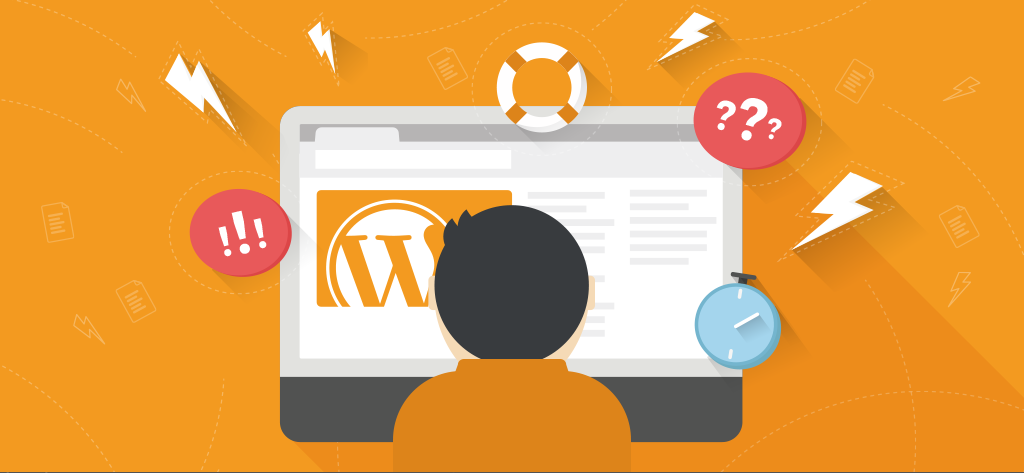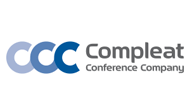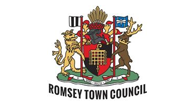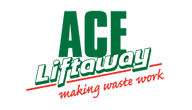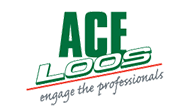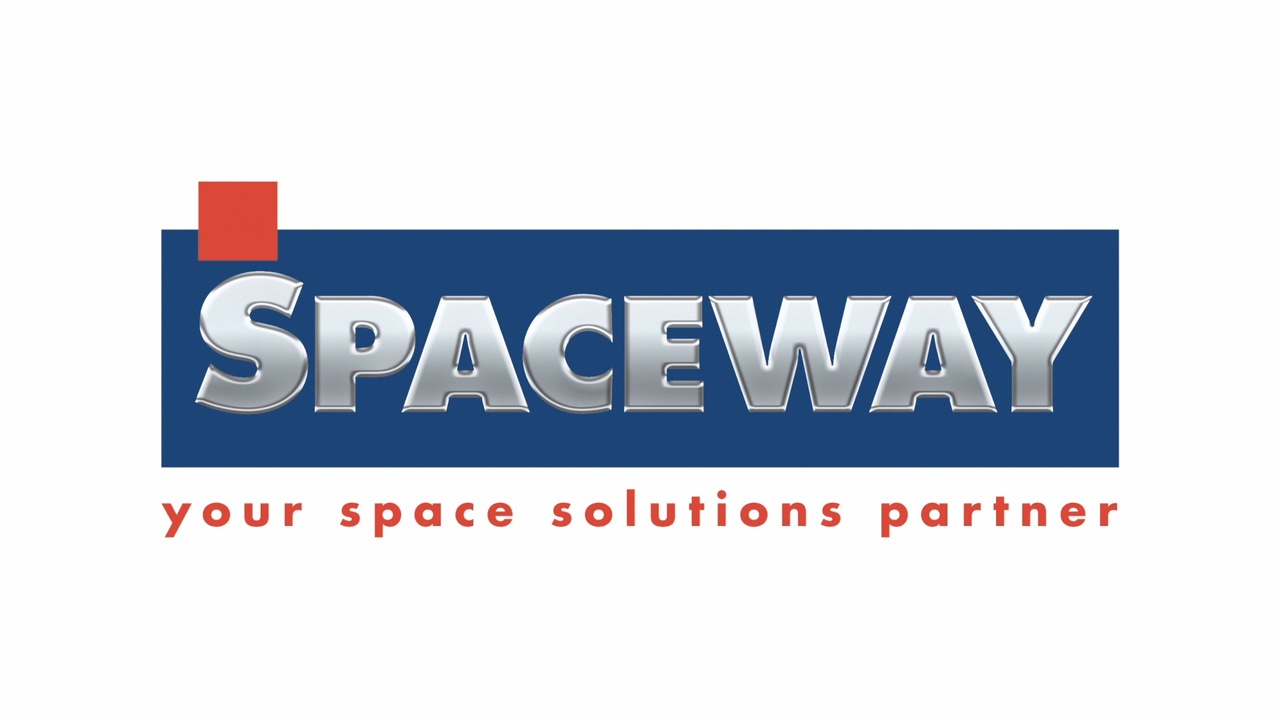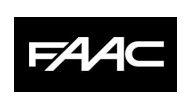Support for Magento 1 is ending soon – upgrade to Magento 2 now
Posted on March 30, 2019 by Stewart Liesnham

Magento is one of the world’s most popular eCommerce platforms. It’s estimated to power a third of all e-commerce websites on the internet. Magento is great for both web developers and business owners as an open source system with built-in e-commerce tools and fantastic official support.
Magento 1 has been continuously updated and upgraded over the years, with numerous patches and updates. These updates have enabled website owners to keep their version of the software up to date with the latest functionality whilst maintaining a secure site.
In November 2015, Magento 2 was released as an upgraded Magento platform with some major changes and fantastic new features.
What makes Magento 2 different?
Magento 2 isn’t just an upgrade: it’s a completely new piece of software. Think of it as a rebuild of the entire Magento platform from the ground up. If you want to find out more about new M2 features, we’ve already written about the differences between Magento 1 and 2
This means that moving to Magento 2 involves a complete website rebuild, which isn’t as straightforward as applying a patch or an upgrade.
When will support for Magento 1 end?
After announcing the release of version 2, Magento announced that support for version 1 would be ending. This allows Magento developers to focus on developing the new version of Magento, ensuring that it offers the best possible functionality, new features and security.
Initially, Magento provided a cut-off date of November 2018. Every store running on Magento 1 would need to have been upgraded by November 2018.
This was the original date at which Magento would stop releasing security updates. Merchants with a v.1 Magento site would be left susceptible to hacking and security breaches.
The announcement of this cut-off date created panic in the Magento community, as suddenly Magento developers were in short supply.
Magento finally acknowledged that this was an impossible task for Magento developers and website owners, as there simply weren’t enough Magento developers to cope with building the number of sites required within the original timeframe.
Thankfully, Magento decided the original the cut-off date was to be abandoned.
As long as version 1 security updates are applied as they are received, your site will remain secure and up-to-date for the time being.
Whilst this is reassuring for site owners who are yet to upgrade to Magento 2, it’s important to remember that this is just an extension of the deadline and that the end of support for Magento 1 sites is fast approaching.
Latest Magento Update
Magento announced in September that the cut-off date for Magento 1 support will be June 2020.
Magento will not support Enterprise or Community Edition customers after this deadline. The only support will be unofficial support from within the Magento community. This would leave any Magento 1 site owner vulnerable, therefore we urge all Magento 1 merchants who haven’t moved over yet to do so now.
If you are the owner of a Magento 1 site and are reading this, you should seriously think about upgrading to Magento 2 ASAP.
What steps should your business be taking now?
The upgrade process isn’t simple and could take a few months to complete, even for the simplest sites. It’s important to have a plan of action now to ease your transition. It’s also important to make sure that upgrading to Magento 2 doesn’t affect your site’s SEO, which could lead to a drop in traffic and sales. Setting your Magento 2 website up for good SEO is very important and needs to be done with a full understanding of how your specific site is set up. It also needs to be done before your new site goes live or you will likely be causing significant crawl problems and your websites ongoing SEO will suffer.
Our skilled Magento developers and digital marketing team are well equipped to deal with any e-commerce transition over to Magento 2. We aim to support our clients throughout this transition, ensuring that everything runs smoothly throughout the process. We especially focus on your SEO, researching all your current rankings and popular pages to ensure your rankings are moving over with your new site in a structured and planned way.
There is high demand for Magento developers right now, so it’s vital to book your slot before it’s too late!
Need some advice from Magento experts?
Web-Feet is a full-service digital agency based near Southampton in Hampshire, UK. We specialise in e-commerce website development, with an in-house team of experienced Magento developers. We are also specialists in data-driven SEO with a focus on actionable data and strategies.
If you’d like any further advice on upgrading from Magento 1 to Magento 2, feel free to get in touch.


